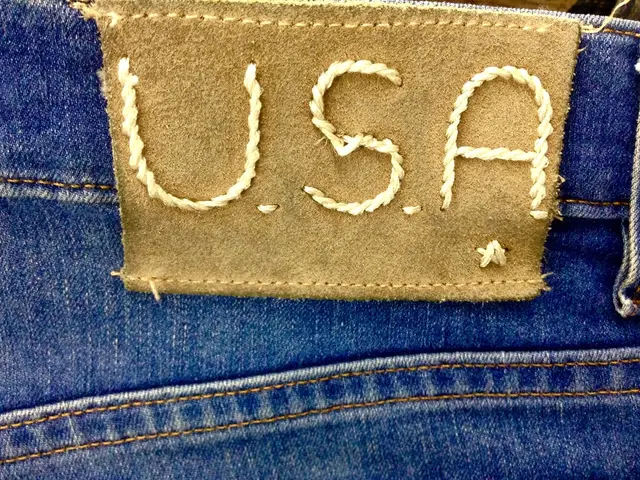Tensions between Iran and Israel: Exploring the Gulf's potential role in de-escalating their conflict
The Middle East is witnessing a significant change in the dynamics of regional politics, with the Gulf states dramatically altering their approach towards Iran in recent years. This transformation is evident in the increased diplomatic efforts made by these countries, aiming to de-escalate tensions and prevent further instability.
In a move that could potentially alter the course of regional affairs, Gulf countries have established communication channels with Iran, offering a degree of insulation from the worst outcomes. This strategic shift is evident in the Gulf Cooperation Council (GCC) prioritizing bilateral engagement and diplomacy with Tehran.
One of the key milestones of this shift was the Iran-Saudi normalization deal brokered by China in March 2023. This deal, while not resolving all issues, marked a significant step towards improving relations between these two significant Middle Eastern powers.
Gulf leaders are drawing strategic lessons from the ongoing crisis, emphasizing the wisdom of their diplomatic outreach to Iran. This is evident in the public condemnation of the Israeli campaign and assurances to Tehran that they would not support or facilitate any aggression.
The fragile ceasefire between Israel and Iran could unravel at any moment, potentially leading to a wider US-Iran war. Such a conflict could have severe economic disruptions, with the potential closure of the Strait of Hormuz posing a significant threat. The Gulf, with its unique leverage in access to Iranian and Israeli decision-makers, longstanding security ties with Washington, and a vested interest in regional calm, holds a crucial role in preventing such a scenario.
The diplomatic efforts of the Gulf states have increased Iran's reliance on regional ties to weather US pressure, giving the Gulf states new leverage. This increased leverage could potentially lead to a regional consortium between Iran and Arab Gulf states, which could spearhead a pragmatic de-escalation initiative.
Europe's role is also crucial in supporting a peaceful path and reviving the Iranian nuclear talks. The postponement of the Saudi-French conference on Palestine was a missed opportunity for Europe to deepen its engagement with the Gulf. Cooperating with Gulf players will be key for Europe to play a more assertive role in moderation.
The diplomatic dance between the Gulf states and Iran is a testament to the complexities of Middle Eastern politics. As the region navigates through turbulent times, the importance of diplomacy in maintaining regional stability cannot be overstated. The future of the Middle East may well depend on the success of these diplomatic efforts.
Read also:
- United States tariffs pose a threat to India, necessitating the recruitment of adept negotiators or strategists, similar to those who had influenced Trump's decisions.
- Weekly happenings in the German Federal Parliament (Bundestag)
- Southwest region's most popular posts, accompanied by an inquiry:
- Discussion between Putin and Trump in Alaska could potentially overshadow Ukraine's concerns








